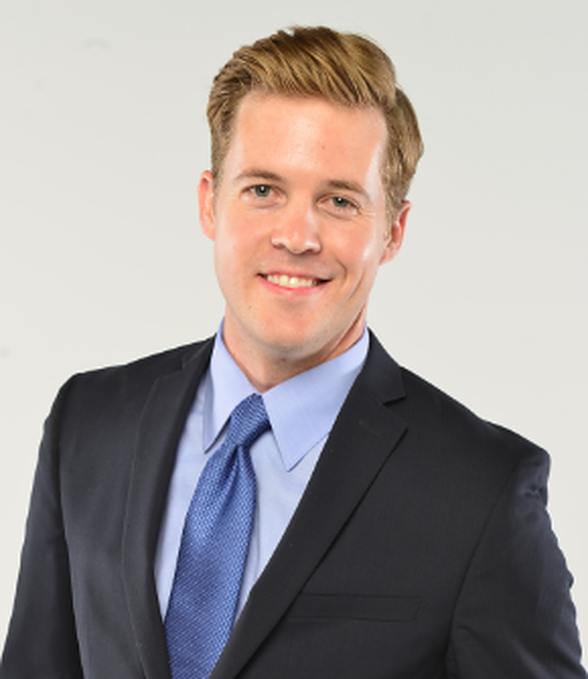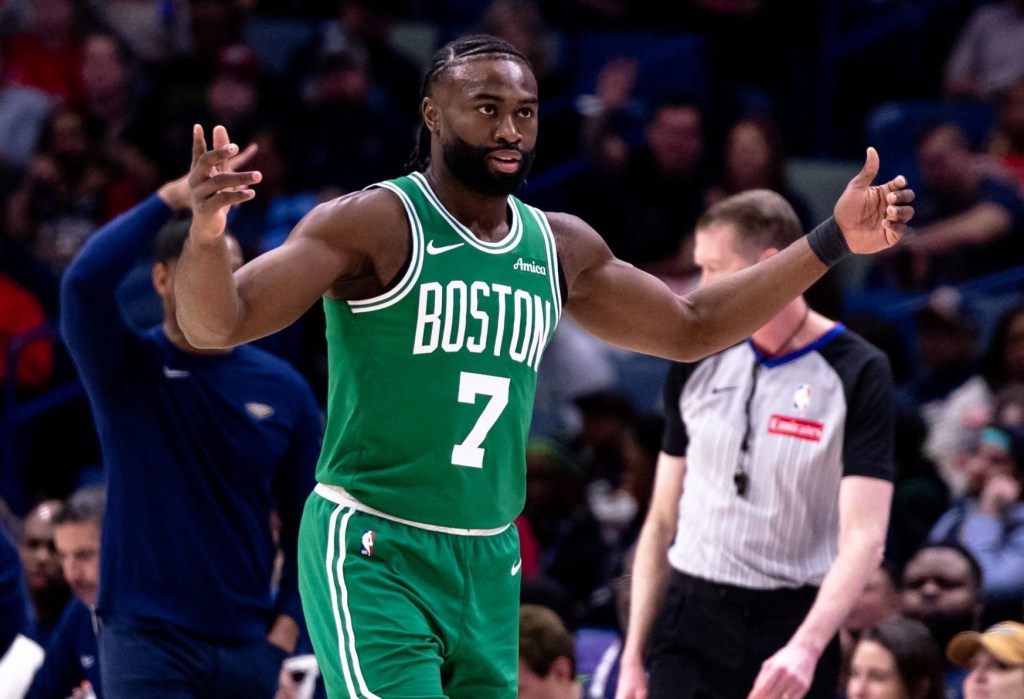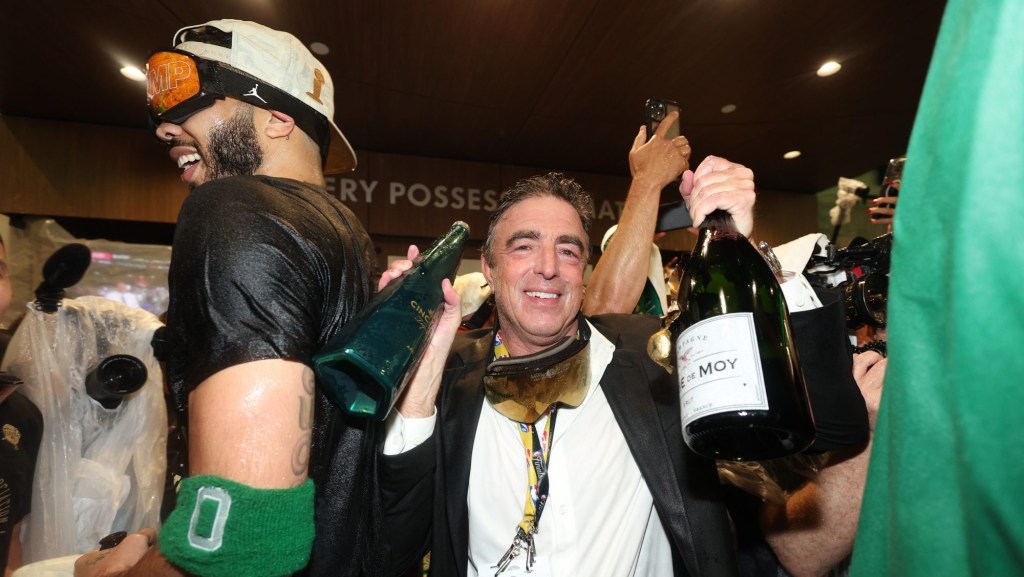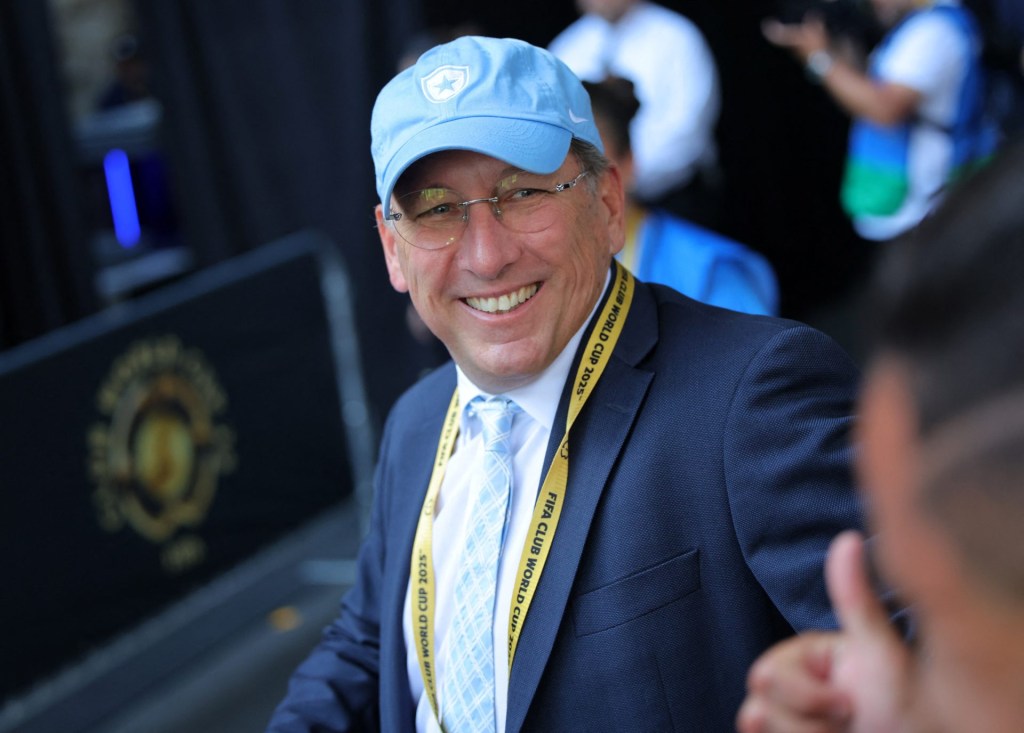By: Adam White, @FOSAdam

Front Office Sports is proud to have sat down with Bob Hamer, Founder & President of Sports Business Solutions. Bob is an experienced sports professional who has spent the previous eight years with the Phoenix Suns in various ticket sales roles, with his latest being the VP of Ticket Sales and Services. After succeeding in all levels of the ticket sales industry, he decided to venture out on his own and create Sports Business Solutions, leveraging his passion of helping others succeed into a successful business model. He was gracious enough to offer up his time and insight into the sales world, what it takes to land an entry-level sales jobs, the mistakes students make in the job search process and why you can’t settle in this industry.
What has your sports business journey been like thus far?
Like many of the newcomers into the sports business industry Bob, wasn’t sure where he wanted to be at first, but nonetheless it has been a great journey saying, “It’s been interesting. I spent eight years with the Suns. Now I have moved on to my new endeavor in Sports Business Solutions that’s almost a year old. When I started in the business, I wasn’t sure what I wanted to do so I decided to give sales a shot. I ended up really liking it and doing well. I realized that was the path I wanted to pursue. Once I came to that conclusion, I made sure I was great in every step of the process and I felt like if I put my head down, went to work and produced that opportunities would come my way. “
When asked why he was with the Suns organization for so long he stated, “I really enjoyed the team and the culture. “After spending eight years with the Suns, I realized I had a passion for helping people in the sports business industry and that led me to my new endeavor in Sports Business Solutions.”
Sports Business Solutions didn’t happen overnight as it was something he was truly passionate about from the onset. Bob noted, “When I was with the Suns, my favorite aspect of the job was teaching, mentoring and training. I realized there are a lot of kids out there in need of help. I decided to mold the passions I had with the Suns, with the need that the industry presented, to create Sports Business Solutions. My goal was to not only help students, but help my friends find, and place, excellent candidates in positions they need filled. It has been an exciting new challenge for me and I look forward to seeing it grow.”
What was the inspiration behind Sports Business Solutions and where do you see it going in the future?
“I felt the way teams and the way the Suns recruited was very time consuming. Our process was to post a job on a job board. We would get 500–600 resumes and a lot of those weren’t qualified so we were spending a lot of time recruiting. I always thought we could find a way to do it more efficiently. Another aspect was all the college students and recent grads that are very talented, but may not have resources at their school to get in and get a job working in sports.”
“The overall goal is to identify really good candidates and get them in front of hiring managers in the industry. My passion is in career growth and development. I would love to create a better and more efficient way to recruit and place entry-level positions.”
You took every step possible in the ticket sales side of the industry. With many young professionals finding their entry-level positions in ticket sales, what would be your advice to those students who are trying to get that first sales position?
In his eyes, the process to securing a job is one that doesn’t take just one step it takes multiples. “I believe in having a process when trying to get your first job. I think it starts with doing research, doing informational interviews and learning the day-to-day aspects of the jobs. Learn what makes people successful and try to figure out what you like and don’t like. Then determine what you’re passionate about.”
Too many times he sees students making mistakes when they apply for positions.
“A lot of people just apply for ticket sales jobs because that’s a majority of what they see as entry-level positions, but I would rather see a student do their homework and really go for positions they are passionate about. We always got a lot of people who wanted to be in sports and were not actually applying for the position because they found it interesting or what they wanted to do.”
In order to make sure you are seen, Bob wants you to remember, “You need to create a network that you can leverage to get to the hiring managers when you are ready to apply for a position. Developing a relationship and getting a referral is so much more effective than just applying for a position and effectively becoming one out of five to six hundred.”
How do you succeed once you have that position?
‘The biggest thing about sales is that it is difficult. There are lots of cold calls and not only are you working full days, but you’re working games and weekends. You have to be able to persevere through a lot of rejection while keeping a positive attitude. You have to be a hard worker who is coachable and you have to have thick skin.”
One key thing he pointed out was how he hires based more on personality than experience. “When I was recruiting for entry-level sales people, I wasn’t necessarily looking for sales experience; I was looking more for the intangibles. Do I think they can grind with having to make a bunch of calls? Do I think they have a positive attitude to connect with people over the phone? Do I think they want to learn and grow and be challenged? Are they ambitious? Those are a lot of the skills that I, as well as other sales managers, look for when filling these positions.”
What is the biggest mistake you have seen students make in the job search process?
“They apply for everything and then they treat them all the same. You have to customize and tailor your sales pitch about yourself based on the job you are applying for. It sounds simple, but too often people say they are excited about working in sports because they are a sports fan instead of doing research and asking the questions such as “What kind of skills do I need to be successful?”
Take a moment to look back on your career. What piece of advice would you give yourself when you were starting out?
“I would have said be even more proactive. Be more of a student and prepare myself for sales more than I did. I was really confident going in and I thought it was going to be a lot easier than it was and it knocked me back.
How difficult was your entry-level sales position?
“When I took the job initially, the team was playing great so I thought people would be calling me looking to buy tickets. I was wrong and it was really a lot of outbound cold calling where you have to develop relationships with complete strangers over the phone.”
“You are making 80–100 calls a day and you are getting hung up on. I figured that since I was calling from a sports team and that the Suns, at that time, were the talk of the town it would be easy, but it wasn’t. You truly have to be comfortable dealing with rejection and you must be consistent.”
After working in sports for over nine years, you could have gotten out at any time. What has made you stay?
Like so many in the industry Bob credits his success and desire to stay in the industry to his passion and work ethic saying, “I have always had a passion for the industry. From a kid who had aspirations of being a professional athlete, to someone whose memories growing up revolve around either playing or going to sporting events. From the first day I arrived at the Suns franchise, until the last day I left, I felt I was involved with the community and was part of something bigger.”
“Although I wasn’t an athlete, I was paid by the same person that paid the players and that gave me a sense of being a part of the team. The sense of pride and team camaraderie I experienced was truly special and is something you can’t get anywhere else.”
Parting wisdom?
“Follow your passion and don’t settle. Don’t take no for an answer. It’s a very hard industry to break into. If you work hard enough, build the right relationships, develop the right skills and customize your resume you can apply for the jobs you are really passionate about. This will make your start in the industry so much more enjoyable.”
“Customize your resume and sales pitch about yourself to every job you apply for. When you get that interview, find a way to highlight why you are qualified for the job and be passionate about doing that type of work.”

















